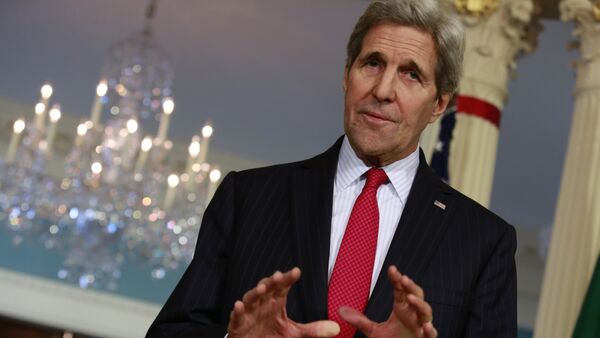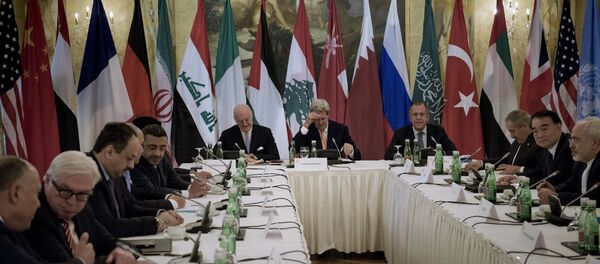Commenting on the latest TIP report, unnamed US officials told Reuters that John Kerry’s aides neglected earlier disclosures by the State Department’s Middle East diplomatic bureau. The TIP report was originally created to rank global efforts to combat human trafficking.
According to an internal State Department memo obtained by Reuters, during the lead-up to the publication of the report, Oman’s status was said to have been downgraded from a “Tier 2” level to a “Tier 2 Watch List,” considered to be one step above eligibility for US sanctions for human rights violations.
In June 2015, when the final version of TIP should have been published, the report was quietly suspended. An anonymous State Department official claimed the country was the only hold-up on the list.
When the report was finally released five weeks late, Oman’s grade had been preserved at the “Tier 2” level.
Many experts say that this move showcases that Washington adjusts its stance with regard to Oman, devaluating its own ranking system.
"John Kerry has a good personal relationship with (Oman Foreign Minister) Yusuf bin Alawi and a good feeling towards Oman. So he doesn't want to see Oman downgraded,” an unnamed Western diplomatic source told Reuters.
Following the publication lawmakers claimed the TIP report was politicized and had lost “its power to incentivize real progress." The US State Department denied all accusations.
"These latest revelations are further evidence that this year’s report was more about political expediency than casting light on the very worst human traffickers," Bob Menendez, a Democratic U.S. Senator, claimed.
The Arabian Peninsula state has been heavily criticized by rights groups for many instances of human trafficking. Efforts by the country’s government to counter human trafficking are scarce, analyst and former assistant secretary general for Oman’s consultative national assembly Ahmed al-Mukhaini said.
“We don’t have sufficient capacity where people can seek recourse to assistance,” he said, citing issues including workers fleeing employers and a high suicide rate among expatriates.






